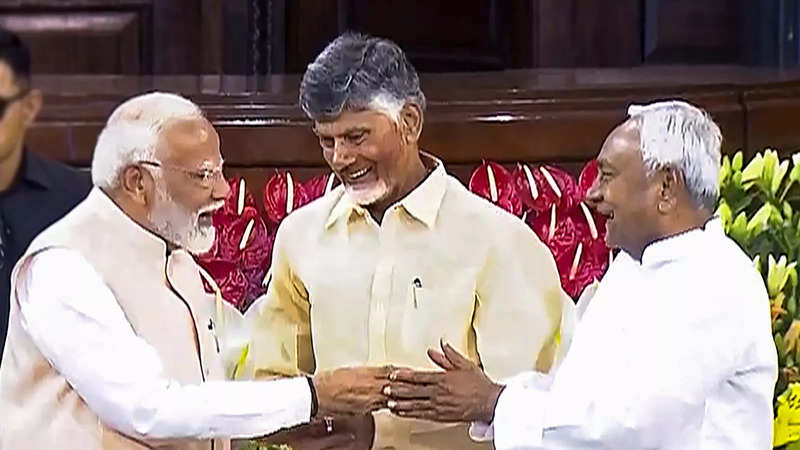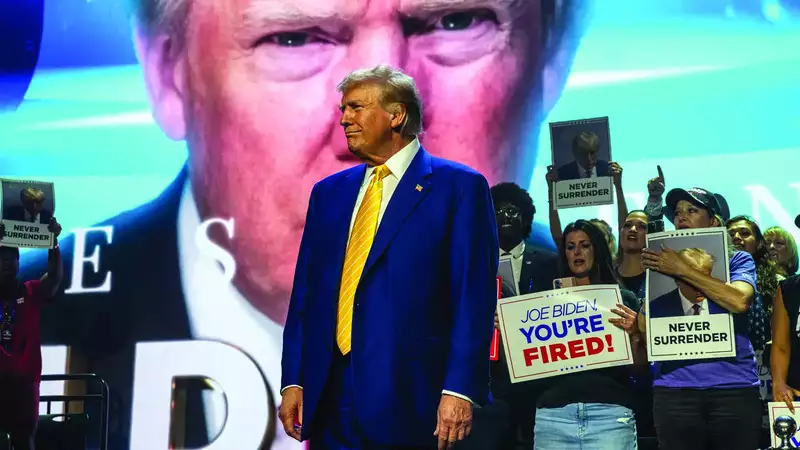Slanging matches between Amartya Sen and Jagdish Bhagwati are economic folklore. Welcome to the latest slugfest. Sen has denounced demonetisation as “despotic”. But Bhagwati, in a joint article with Pravin Krishna and Suresh Sundaresan, calls demonetisation “courageous”, with the “potential to generate large future benefits”.
Unlike past slanging matches, this one has been too polite by far. Let me explode some crackers to spice it up.
Dear Amartya Sen,
I have disagreed with you in the past, but never felt you were losing it. I too have castigated demonetisation’s ills. But to call it despotic is cuckoo cloud stuff.
Many liberal intellectuals see every move of Modi as despotic. The man certainly merits castigation for acts that threaten secularism and liberal dissent, like violent attacks on beef eaters and ‘anti-national’ protesters. But such evils exist in many democracies, and hardly imply despotism.
Ever heard what real despots do? Are Hitler and Stalin infamous for dreadful things like demonetisation? Did Ivan the Terrible earn his nickname through terrible monetary policy? Opposition chief ministers Nitish Kumar and Naveen Patnaik, often critics of Modi, have nevertheless supported demonetisation. Are they despots too?
You say by breaking the promise to pay on currency notes, Modi has despotically broken the trust that democracy and capitalism depend on. Oh my, what innocence! Constitutional rights and guarantees are violated every day. Voters in bank queues view politicians as rogues and thieves who constantly violate pledges, but still see India as democratic, and mostly praise Modi for actually delivering something.
Demonetisation means exchanging old notes for new. It does not breach a promise to pay. What definitely did so was the gold standard’s abolition, replacing gold by mere paper, by many countries during and after World War 1. Were they all despotic? Richard Nixon took the US off the gold exchange standard in 1968. Did anyone call that despotic?
Demonetisation means long queues. But Indians have queued up for one thing or another since Independence, and never seen this as despotic. The 1970s witnessed queues nine years long for a Bajaj scooter. This was lousy economic policy but not fascism.
Ideplore Modi’s sacking of you and your colleagues from Nalanda University. But the Congress and other parties have also long replaced independent thinkers by toadies in educational institutions. I was appointed anchor of Doordarshan’s Budget coverage in 1999. I was kicked out at the last minute for being too anti-BJP by Pramod Mahajan.
Far from complaining, I wore that as a badge of honour, having in Indira Gandhi’s days been kicked out of All India Radio programmes for anti-Congressism. We should take pride in, not umbrage at, our sore bottoms.
***
Dear Jagdish Bhagwati,
You are right to say Modi has shown courage and daring, and that demonetisation could yield future gains by catalysing digital transactions and a low-cash economy. You would carry more conviction had you also slated Modi’s stupidities.
Paranoia about secrecy led to insufficient thinking and avoidable disasters. You say, given the need for surprise that “the rollout of the policy has generated predictable hardships”. Sorry, the hardships were magnified hugely by incompetence. Elementary maths would have shown that printing enough new notes to replace the old would take 6-7 months.
Modi could have issued Rs2,000 and Rs5,000 notes in 2014, inducing black money operators to hoard these, and demonetised these in 2016, sparing the Rs500 and Rs1,000 notes held by ordinary folk. That would have greatly reduced dislocation and distress. Issuinghigh-value notes in 2014 could have been called modernisation, keeping secret the intention to demonetise.
Alternatively, before demonetising, Modi could have hugely stocked up new Rs2,000 notes to supposedly keep up with inflation, giving no hint of demonetisation. A big stock of new notes would have accelerated currency exchange and slashed distress.
It was asinine to change the size of the new notes, shutting down ATMs designed for the old notes. People have died standing in unnecessarily long queues, and that cannot be shrugged off as “predictable hardship”.
You know that black money operators with billions keep only a tiny fraction in cash: almost all is in assets yielding returns. Demonetisation has barely touched the tip of the iceberg. Nor will it stop fresh black money generation without several supporting reforms (political funding, stamp duty, tax administration).
The UPA initiated a smart tax information network that Modi is building on. It has great potential. But it will work well only with police-judicial reforms that convict the powerful quickly, something impossible today. Demonetisation has stoked a rebellion by some states against the goods and services tax (GST), which could be delayed by months. That is a significant additional cost.
You play down the pain of the cruel mini-recession created by demonetisation. Livelihoods have been battered. Many small business may die. Hopefully, Modi will soon put thousands of rupees into Jan Dhan accounts, reflating the purchasing power deflated by demonetisation. It will be politically popular, and Modi may claim victory. That will not excuse his many bungles.





